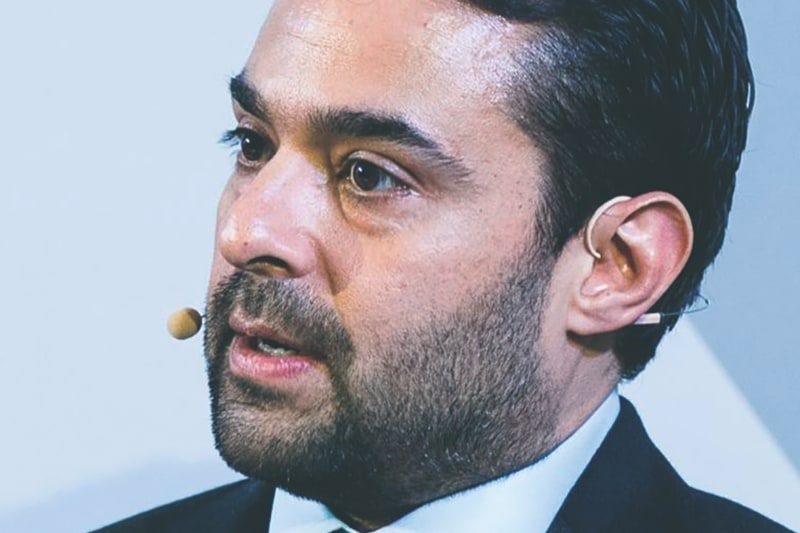Open Finance – A COVID-19 Lesson
COVID-19 is showing us not only how fragile we are as a race but also how dependant we are on technology. A simple example of this are most, if not all, supermarket delivery sites are either down or unable to cope with demand. Online buying through Amazon and other retailers are in such demand that they are hiring in the hundreds of thousands. Netflix, Amazon Prime, and other streaming sites are lowering their quality just for the Internet to cope. But most importantly, people are very much looking for information and for financial assistance through these difficult times.
This virus has placed millions of people in financial duress in just a matter of weeks. While governments are offering various financial assistance for employees, employers and self-employed, the question is where to find the information and where to access the funds from. People need to dynamically understand what money they have and where. What debtors will be coming next seeking payments and what can they do to stop them or pause them. This is where Open Finance may have been able to play a key role.
During these challenging times, and assuming that Open Finance would have been in place, people may have been able to access single point apps that would have quickly given an individual a snapshot of their finances. Coupled with AI, Open Finance may have allowed for the individual to see which debtors would be debiting an account and when but also what assistance could counter that particular debt.
Also, now that medical insurance is more relevant than ever, especially in jurisdictions with no universal health care, Open Insurance would have allowed for more consumers to have information of insurance features in one application, giving them the opportunity to access those that would better meet their needs and budgets.
Most importantly, Open Finance may have been able to find loans and grants for individuals and businesses based on “approved” circumstances facilitating and efficiently serving consumers. Cross sectors may have used Open Finance to offer lending and payment deferments directly to consumers and businesses and not where it’s the consumer having to go and seek for the loans. This would have been achieved by understanding consumers and businesses through the shared data they would have had and through established consent mechanisms. Today, there is a wait time of over one hour to speak to an agent at a bank to assist with loans, products, overdrafts, etc. Open Finance would have alleviated this through data driven AI solutions where products and services would have been directly made available to consumers.
Open Finance may also have played a key role to the unbanked. Those individuals may have been able to use minimal services. Some of these may have been for the use of online payments for electricity in poor areas of Africa, which is highly cash dependant and people buy electricity a couple of hours a day at a time in person. These online mechanisms would have reduced exposure to the virus.
Today, in some countries, bank branches will need to remain open because P2P real-time payments are not available, causing individuals to be exposed. Open Finance may have allowed for consumers to know which merchants were selling specific products but even more than that, smart refrigerators or medicine cabinets may have highlighted someone being low on a specific product and where they can or can’t get it, producing efficiency in someone knowing exactly where to go instead of having to run around to two or three stores.
Efficiency may have also been found in people having lost their jobs where Open Finance may have helped to redirect people to other opportunities based on HR and recruitment consent mechanisms. Not to mention logistics of products and services and how we may have found efficiencies in distribution channels.
In summary, innovation continues to change our lives and will only evolve further and faster. What Open Banking, Open Finance and Open Data aim to achieve is consumer-based efficiency and remove itself more and more from corporate driven dependencies. Among the many things this virus is showing us, we are definitely seeing how current innovation has been helpful, but how we still have so much more room to truly take advantage of consumer-based data and the products and services we could access that would further provide efficiency and improve people’s lives.










